Deciding between alloy and steel is the biggest consideration for new trailer buyers. The Captain’s crew donned welding masks and went undercover in the Easytow factory to uncover the pros and cons.
THE CASE FOR ALMIGHTY ALLOY
Pound for pound, alloy trailers are lighter, resulting in fuel cost savings under towing conditions. Peter Taranto from Easytow has a foot in both camps (distributing both steel and alloy trailers). He says, “Alloy trailers tip the scales up to 25 per cent lighter than the equivalent-sized steel trailer. If you’re operating a 6m ’glass boat and you like working the limits, you can pack about 200kg back into your boat build or take more gear. And if you’re towing an Edencraft 233 Formula behind a LandCruiser, an alloy trailer could be the difference in coming under the towing thresholds”. Lighter trailers can also (potentially) bring the total package weight within the required limits for braked trailers, resulting in cost savings for brake components. A further benefit is that alloy won’t rust, which suits a saltwater environment and the I-beam construction on alloy won’t hold water, minimising corrosion. Sure, an alloy trailer may flex a bit, but that’s a good thing, as your boat won’t absorb the impact. On the downside, alloy trailers are generally more expensive due to the cost of materials and build time. Early imported non-Australian-compliant models suffered from quality issues, but designs from reputable Australian companies have largely overcome this stigma.
THE CASE FOR SUPREME STEEL
If you’re looking for ultimate strength, steel is regarded as the superior metal, and it’s generally more cost-effective due to its ready availability.
So who buys steel trailers, Peter? “We sell plenty to Top End adventurers who prefer the idea of welded components rather than bolted. Most steel trailers sit under boats less than the six-metre mark and three tonne ATM (aggregate trailer mass).”
On the downside, steel will hit you in the weight department. The box sections on steel trailers will need drainage points and to be inspected for potential rust spots. You’ll also need to paint or galvanise a steel trailer. Scratches should be touched up to prevent oxidisation, and repairs on galvanised trailers will need to be properly re-galvanised to prevent corrosion. The galvanised look isn’t for everyone, but Easytow offers the option of two-pack primer and paint over gal finish. “It’s a nice, durable finish that some boat owners tend to go for”, Peter says. As a rule, steel trailers mightn’t go the fastest, but a solid steel trailer will get you home and leave you with spare change.
As a final word, Peter says, “Every customer’s situation is different. We try to come up with the best trailer package to suit those unique requirements”. The Captain has put together a bit of checklist to help you make the right choice

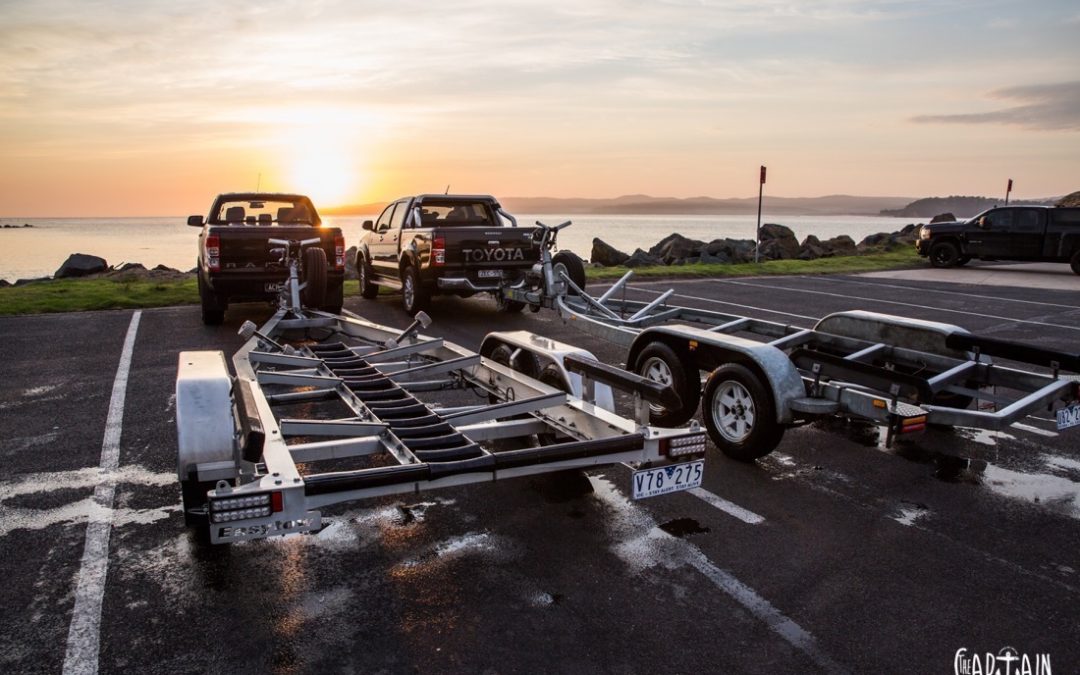
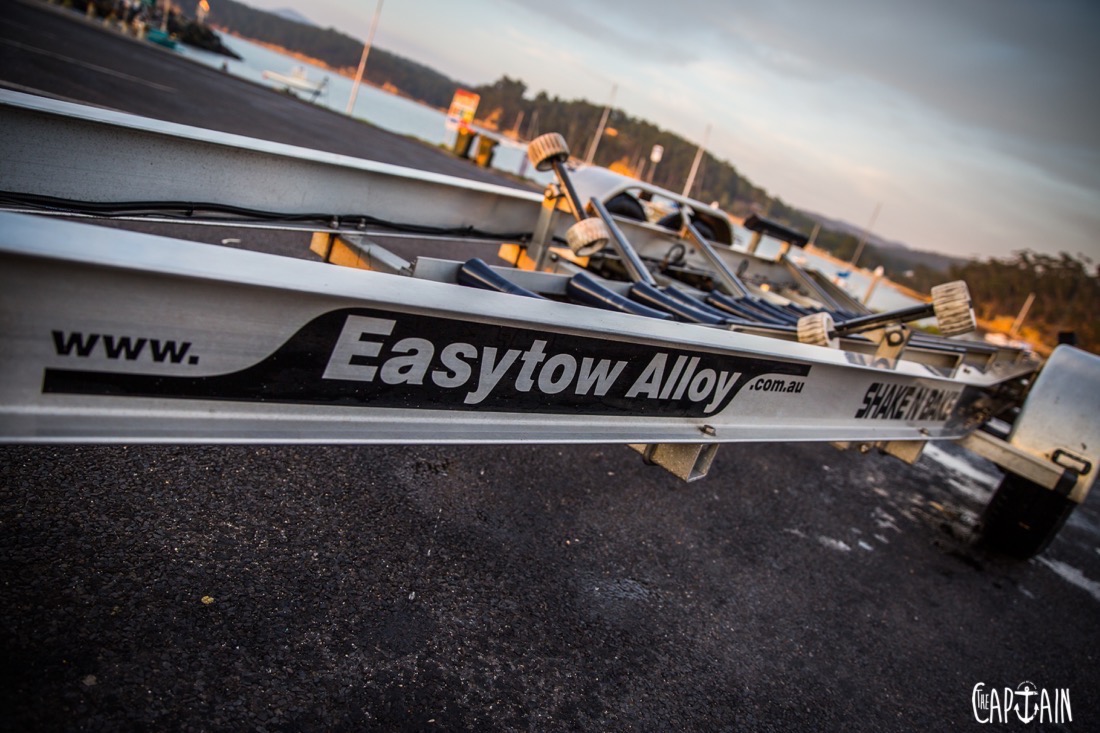
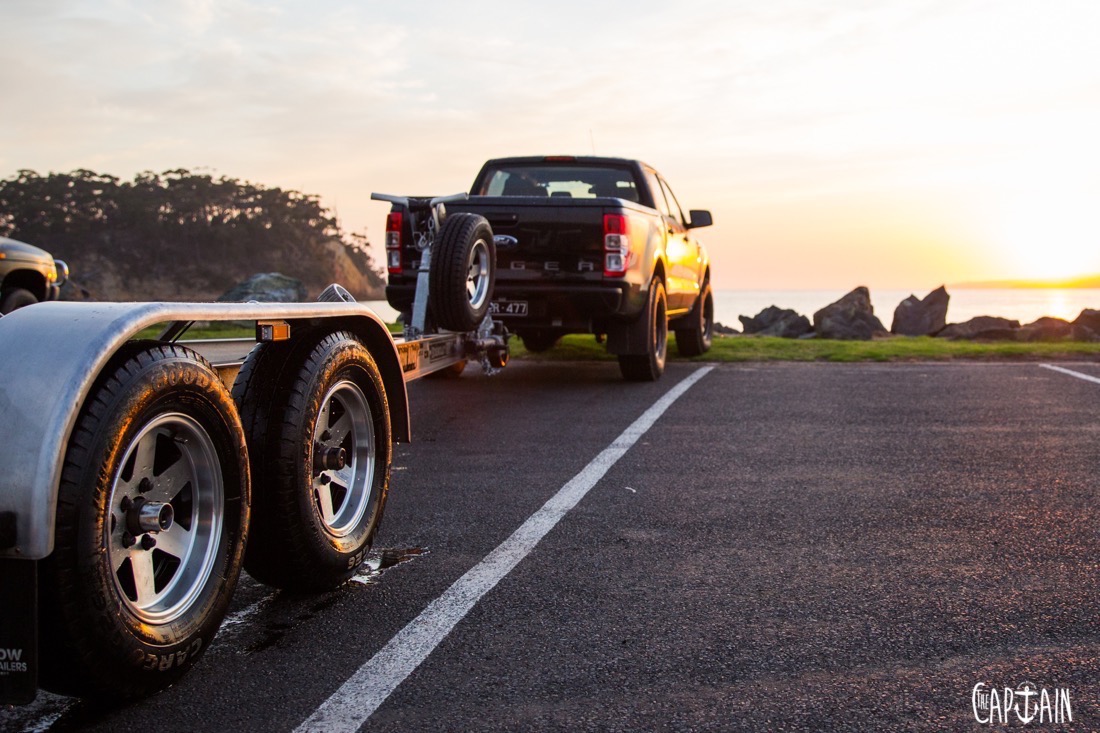
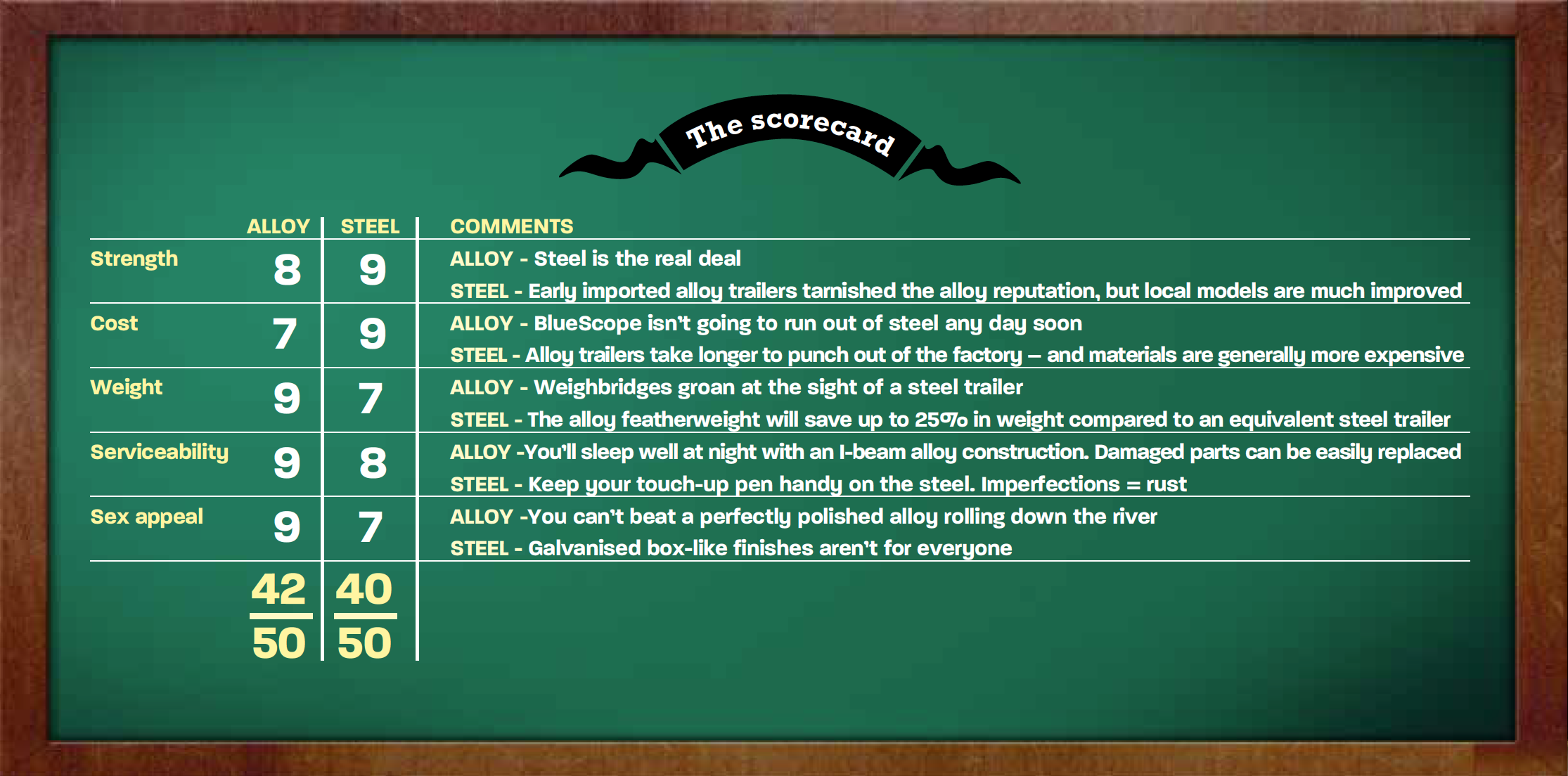
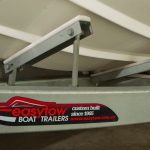
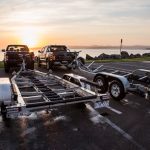
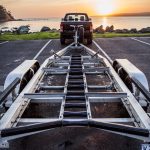
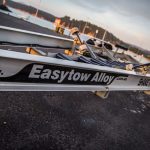
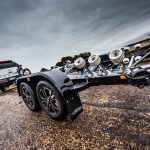
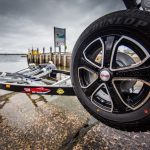

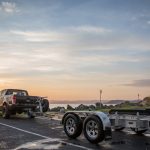
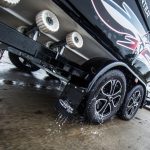
Recent Comments